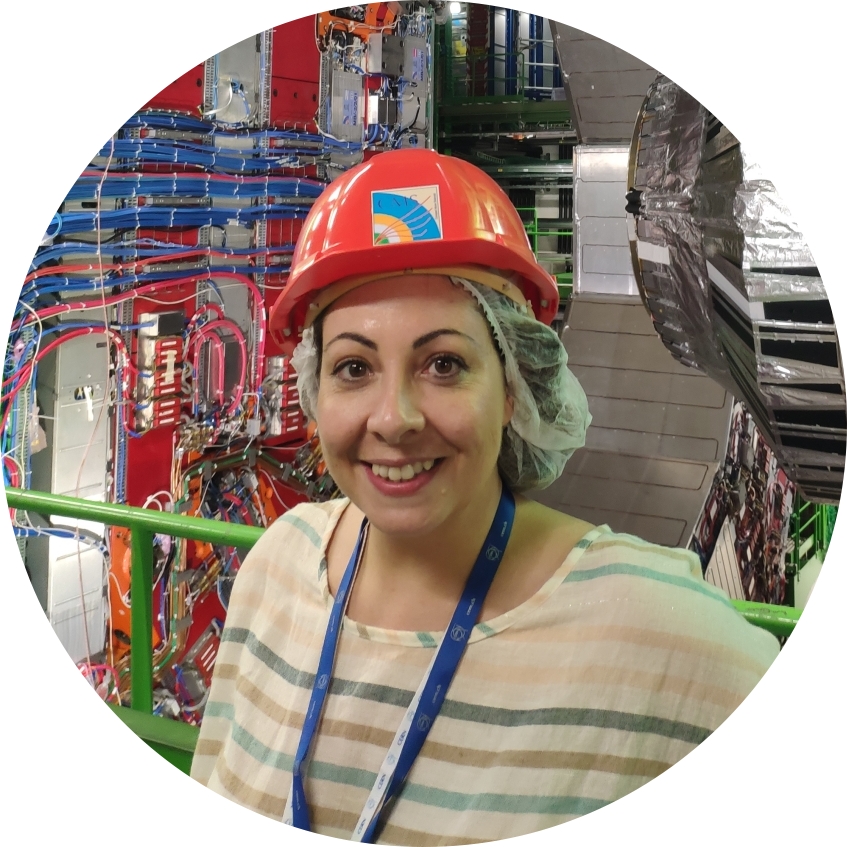Etymologically speaking, Noelia teaches the science of life. She has been a biology and geology high school teacher for almost 15 years. Before that, she did her Ph.D. in immunology at the Universidad Complutense de Madrid, in early 2005.
Noelia grew up with Carl Sagan’s personal voyage, Cosmos. This TV series left her fascinated by the universe, and our place in it. That passion for science has accompanied her ever since.
Because it is all connected, and because physics and biology are a match, last summer, Noelia had the great opportunity to be part of the CERN Spanish National Teacher Programme. “It is a gift for teachers”, assures Noelia, while she wishes that all major research centers would carry out similar projects.
Noelia talks about this experience like a little girl talks about her birthday presents. The fantasy lasted only one week, but at the end of it, she could understand what people do at CERN and why it is so important, not only for the scientific community, but for us, for society.
Apart from some ideas and activities, the most important learning that Noelia brought from CERN to her students of the IES San Agustín de Guadalix (Madrid, Spain) was the need to make science more attractive and closer to them. On her return, she proposed students in their final year of secondary school to have an extra hour with lab and activities.
It was something completely voluntary because Noelia was aware that not everybody is attracted by science (not everybody has seen Cosmos). But she ended up with a tiny group of five committed teenagers, who did not miss a single lesson. Together they also ventured into the world of podcasting. For Noelia, this has been the most relaxing experience with students.
She always says to them that science is about understanding, not memorizing. They tend to memorize information, but that is far from being a meaningful learning. It hardly solidifies, and on shaky ground nothing can be built.
We are all surrounded by science and especially young people, who have been born and raised in an increasingly technological society. They need science. Noelia thinks that a minimum of scientific culture is essential At least a basic understanding of the subject, a scaffold to create a better knowledge in case we would like to go deeper into specific concepts.
If she looks to the future, she dreams of a better career for Spanish teachers, based on continuous training and in the pursuit of excellence. Also, of a more global learning approach for students and of a reduction of the “sea levels”, since teachers and students are overwhelmed with all the contents they have to teach or learn in about nine months.
Who speaks for Earth? wondered Sagan in his series’ final episode. People like Noelia, capable of transmitting her love for science to her students. A “star stuff” passionately teaching to other “star stuff”.
